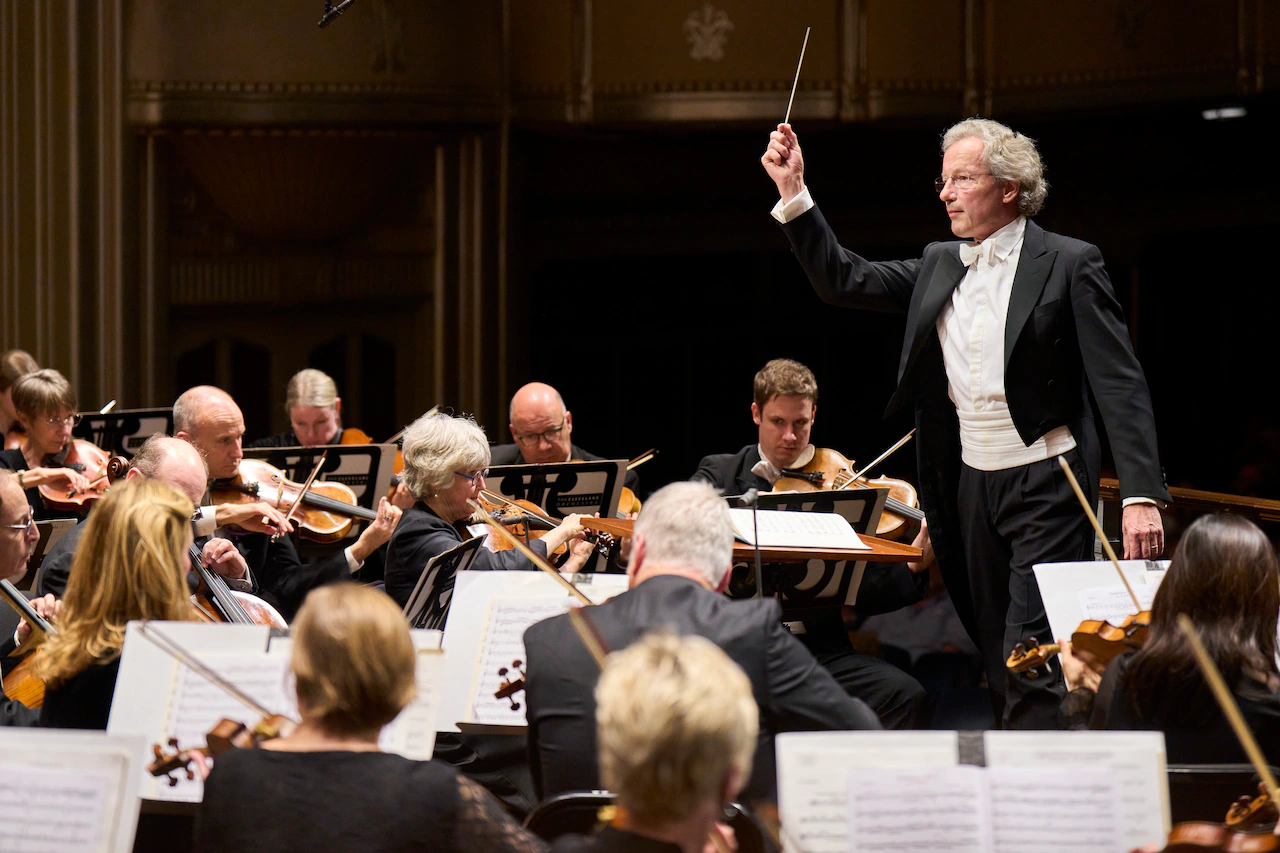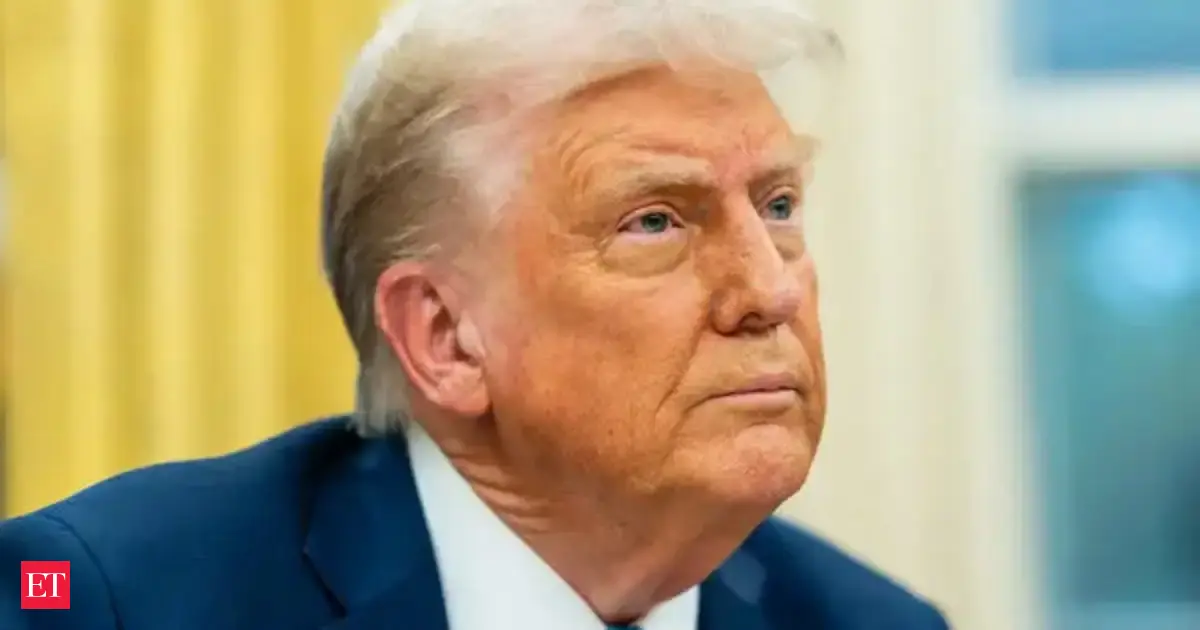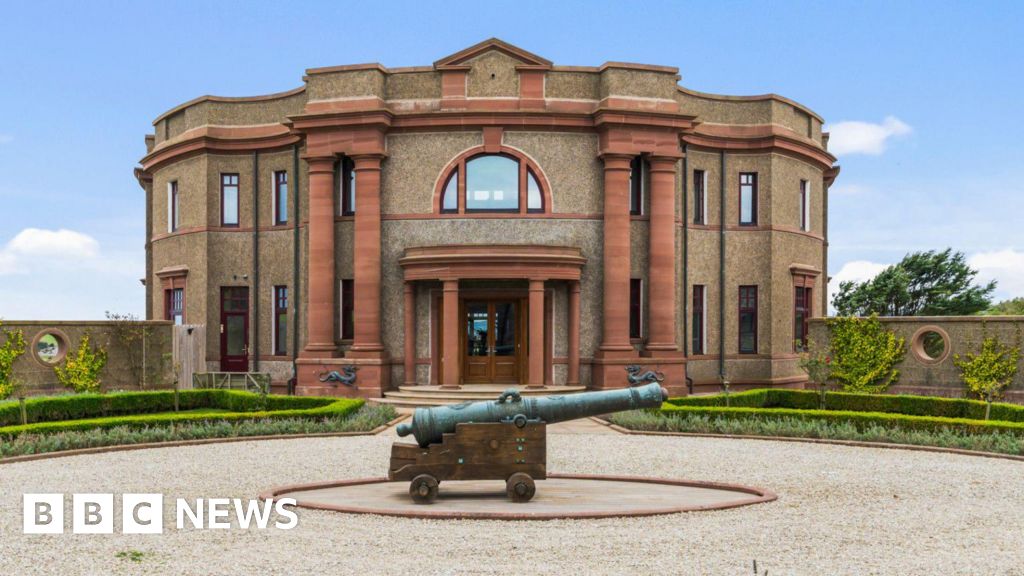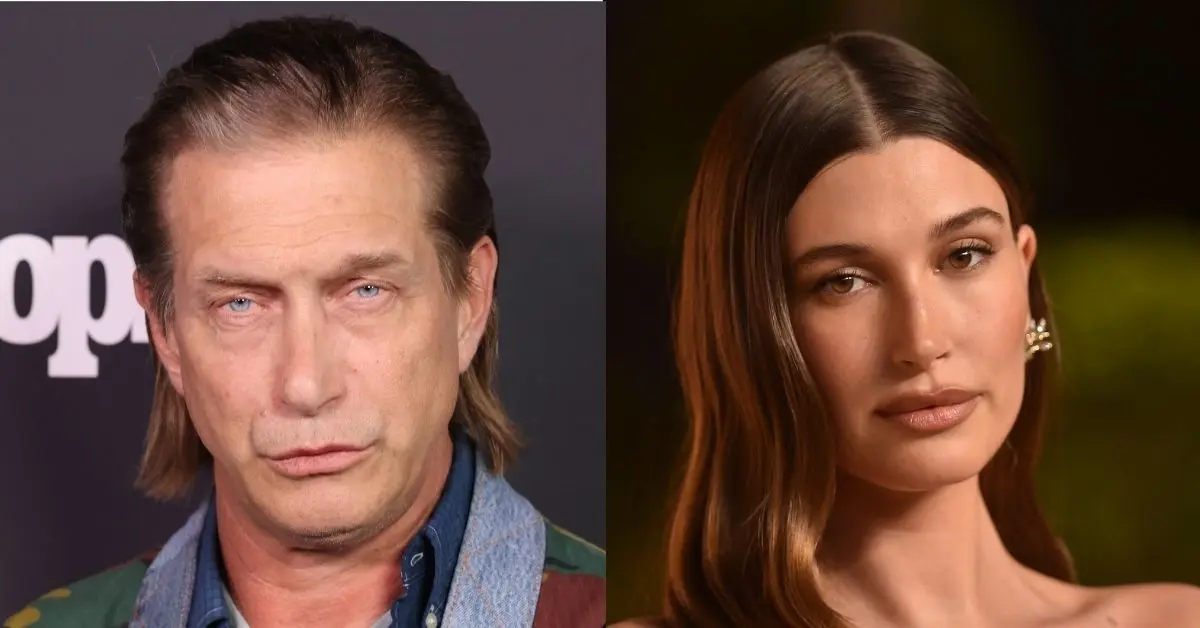
CLEVELAND, Ohio — The Cleveland Orchestra’s digital offerings are growing in both number and significance, even as live performance remains its stock in trade.
Severance Music Center will always be the orchestra’s home. Yet for a growing number of listeners here and abroad, the internet has become the primary – or at least a frequent – point of access.
After Severance and Blossom Music Center, “We think of it as our third home,” said Christophe Abi-Nassif, vice president for content and growth initiatives, referring to the digital sphere. “We think of it as an extension of our business model.”
The last few weeks have been a case in point. In late August, the Cleveland Orchestra forged a partnership with Marquee TV, a prominent British streaming platform that could pay dividends for years to come. Then, this week, the orchestra offered further evidence of its digital ambitions by announcing a new season on Adella, its original online home.
The latter, revealed Tuesday, includes plans to livestream six concerts at Severance, many featuring well-known guest conductors and soloists. In addition, the orchestra will produce eight in-depth “Adella Premiere” programs combining recorded performances with original, behind-the-scenes material.
All of this stands in addition to the orchestra’s other multimedia partners, each serving a unique market or purpose. These include Apple Classical, Medici TV, Symphony.Live, and Stage+, the digital arm of Deutsche Grammophon.
Digital outlets are “the modern-day equivalent of vinyl,” Abi-Nassif said. “It’s all part of an institutional growth approach to bringing the Cleveland sound to the world.”
If digital media are the modern equivalent of vinyl, Apple Classical is the new record store. It’s an audio subscription service offering access to a world of classical recordings, including a large Cleveland Orchestra library. Most of Cleveland’s new releases, including its recent Mozart album featuring conductor Franz Welser-Möst and pianist Garrick Ohlsson, appear here first.
The other partners are primarily video platforms — Netflix-like channels streaming live and recorded performances by major artists worldwide. For the Cleveland Orchestra, teaming up with these sites expands the reach of Adella, whose current audience is primarily local. This places its digital programs before vast groups of international listeners, some of whom may also have the chance to hear the orchestra live on tour.
But there’s something different about the new relationship with Marquee, a British platform launched in 2018. The online home of the London Philharmonic, London Symphony Orchestra and the Orchestra of the Age of Enlightenment — as well as the Royal Shakespeare Company, La Scala, and several major museums and dance companies — Marquee puts Cleveland in a vibrant cultural mix among a host of “adjacent” art forms.
Being on Marquee “puts us together with really established players in the field and helps us reach people we don’t necessarily know,” said Abi-Nassif. “Instead of reaching just Cleveland Orchestra fans, we’re reaching classical music fans.”
The excitement is mutual. Cecilia Beacon, Marquee’s vice president of content and marketing, said the choice to make Cleveland its first U.S. partner was easy, given subscriber demand and the caliber of the content the orchestra has been producing.
Whether livestreaming a concert or producing an elaborate program to attract new subscribers and repeat views, Marquee’s goal is the same: to tell an interesting story. That’s something the Cleveland Orchestra has been doing for years, exemplified by the program they tested, “Open Space: Barbara Hannigan conducts Strauss.”
“Cleveland was our number one,” Beacon said. “What struck us was the filming. It felt quality and premium, and that’s what we’re looking for. It felt more varied, informed by the understanding that this is something people are going to watch on television.”
The six programs now on the platform — also available on Adella, the orchestra’s home for all digital content — are just the beginning. Beacon said her vision is to explore livestreams and original programming.
“We see this as a partnership that could go in many directions,” she said. “What we want is unique content that is exclusive to Marquee. That will bring us a different sort of value. But we need to start somewhere.”
Much the same might be said of digital programming as a whole. While the enterprise — expensive and time-consuming — has yet to turn a profit and likely won’t anytime soon, the near-term goal is to break even, Abi-Nassif said. The potential over the long term is enormous.
The orchestra’s ability to connect with listeners outside Cleveland — most of whom will never visit Severance or Blossom — is critical in a world growing smaller, where its international profile continues to rise.
Furthermore, the medium’s ability to generate revenue is far from tapped. There’s plenty of room for growth on Adella, and educational programming is a field the orchestra has yet to explore. Digital programming is also starting to attract philanthropy, as donors reward efforts to make classical music more accessible.
One thing’s certain as the landscape changes: In Cleveland, digital programming isn’t going away. What began as an emergency measure during the pandemic has developed into an art form and a business model all its own.
When it comes to reaching listeners online, “We’re definitely showing improvement,” Abi-Nassif said. “I think there’s an appetite. People are starting to pay attention.”



